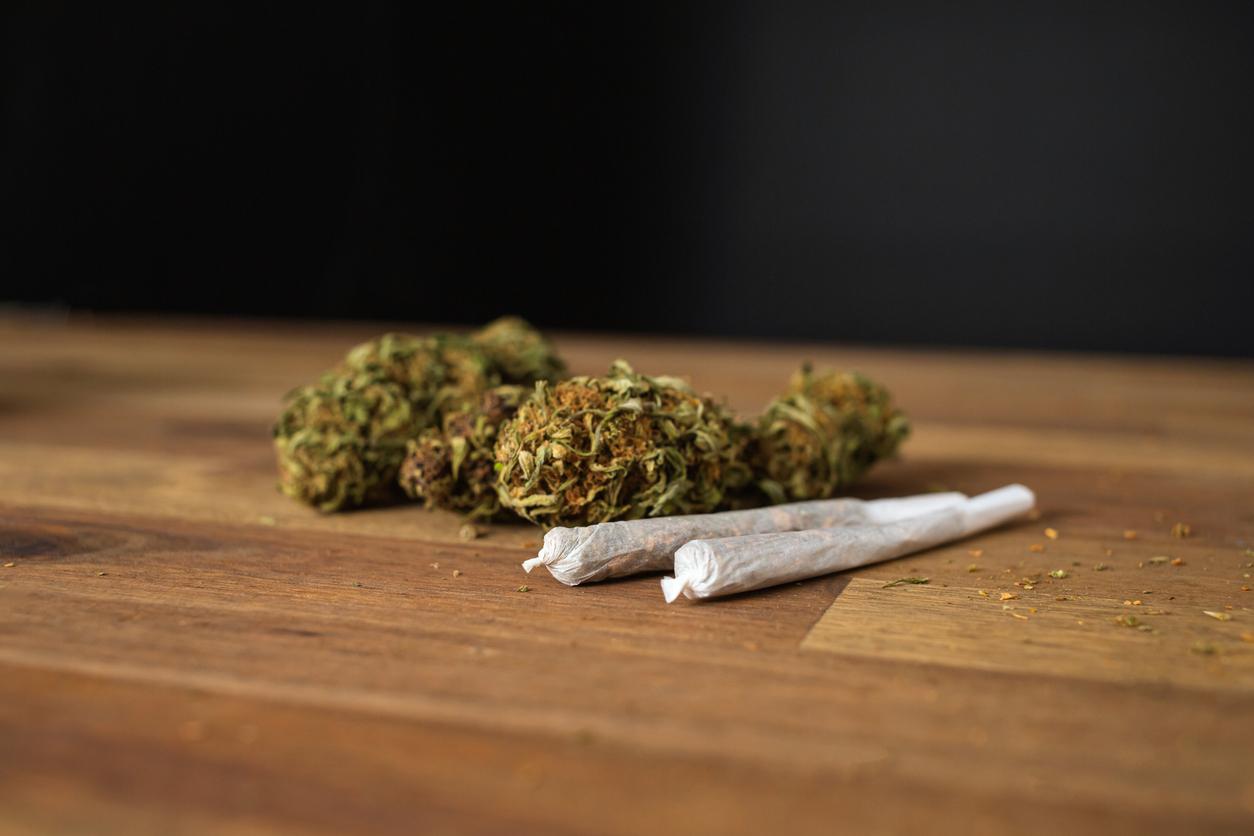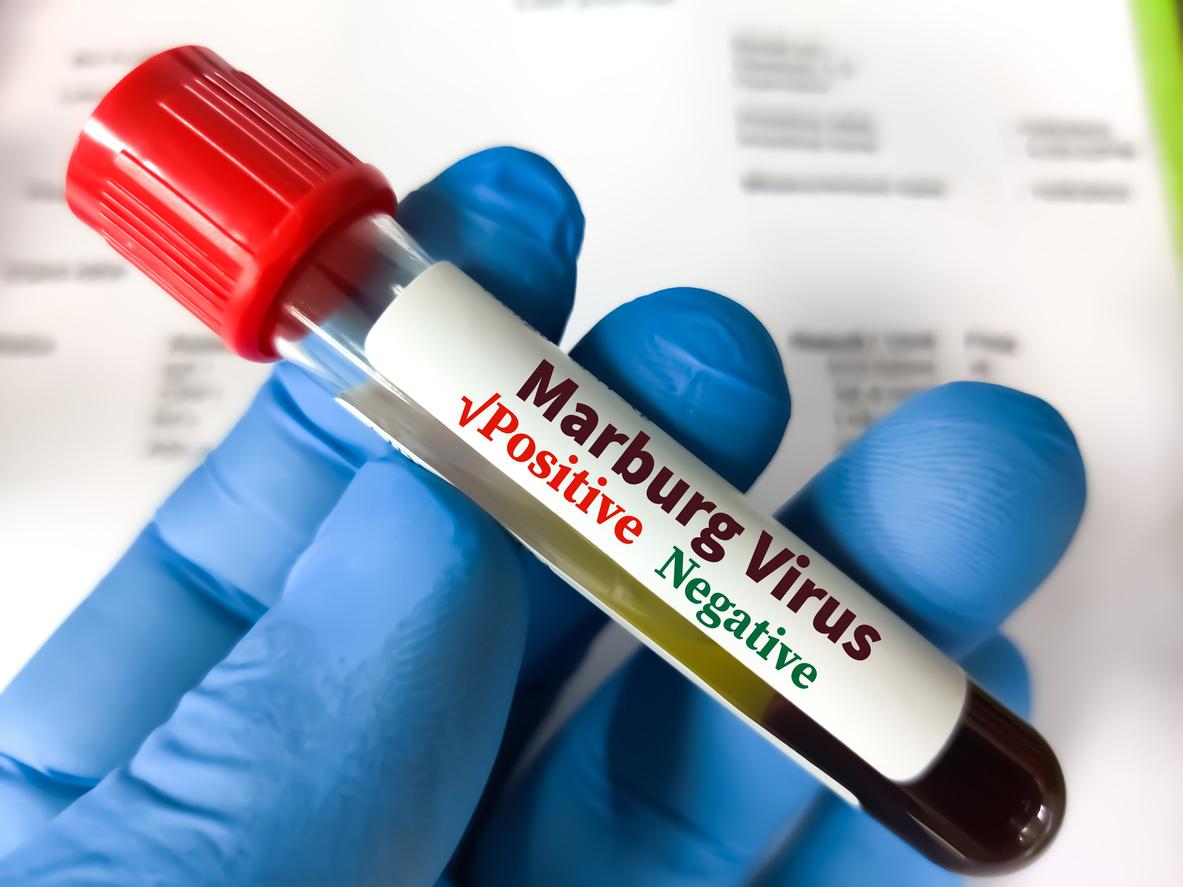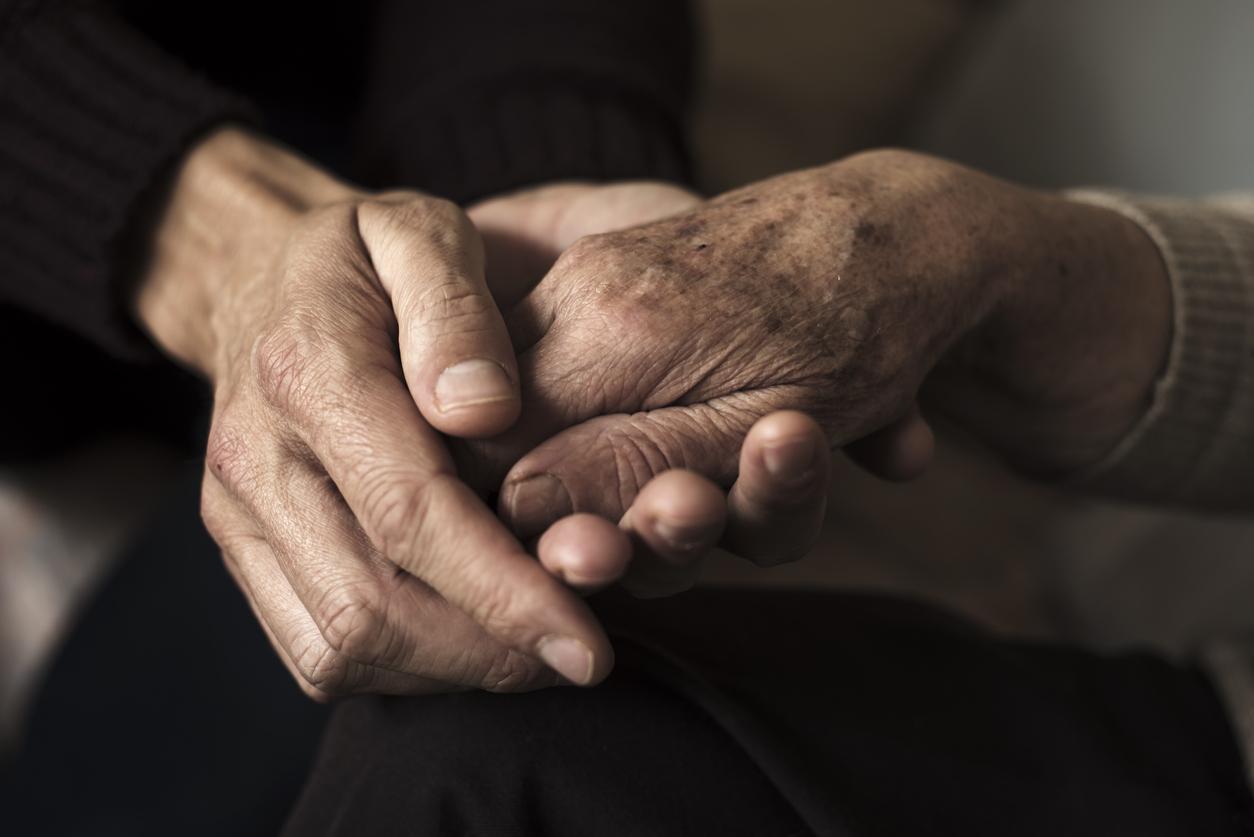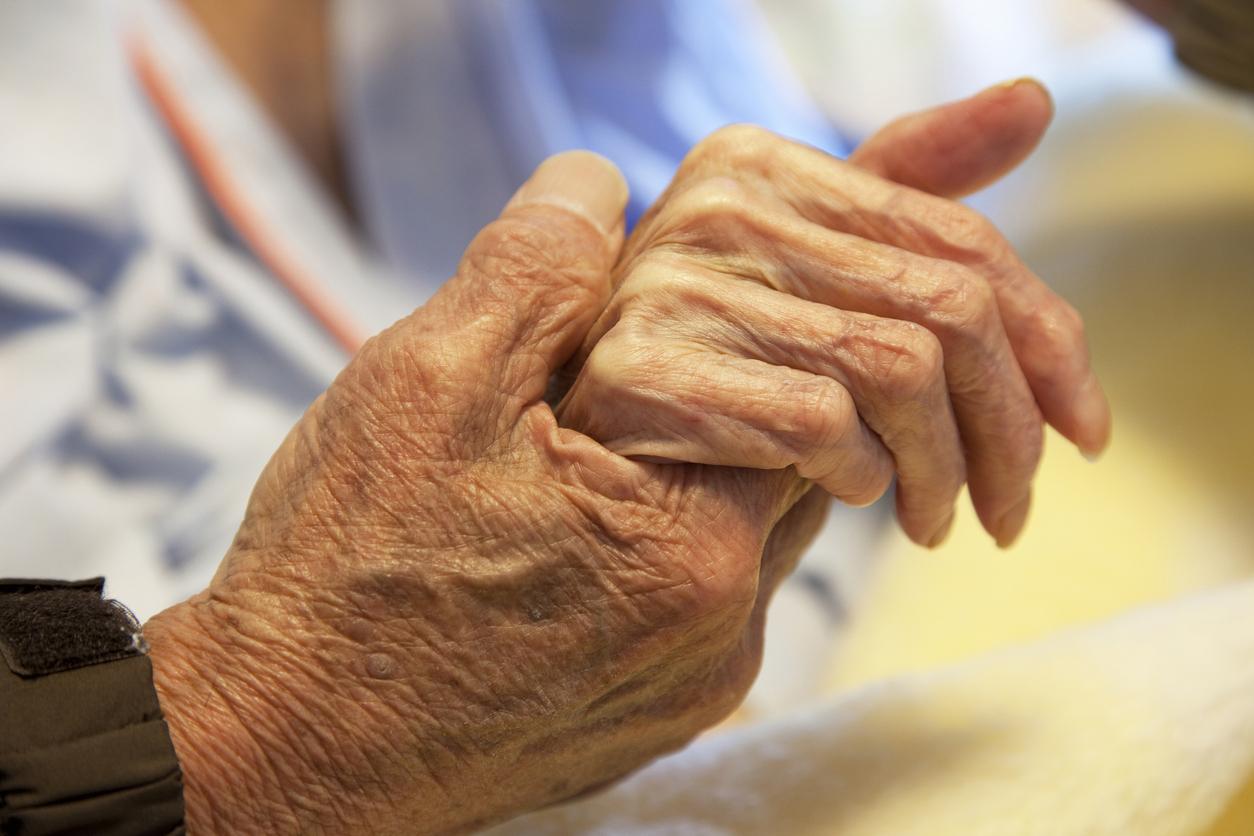
‘There is still a huge taboo on it’
Perhaps you recognize it: your dog, cat, horse or canary has just died and people say ‘don’t be like that’ or ‘just buy a new one’. It can be very painful to hear this. Nienke Endenburg – psychologist and teacher at the Faculty of Veterinary Medicine at Utrecht University – explains how to deal with this.
To what extent is the death of an animal comparable to the death of a human being?
‘There are many similarities. About 80 percent of pet owners see their pet as a member of the family. When he dies, there is a grieving process. When a person dies we have all kinds of rituals. Of course we don’t do this for nothing. Because you feel supported, the grieving process can go better and faster. You often see that when it comes to the death of a pet, people struggle with it alone. If all goes well, the environment will ask about it one or two weeks after death and then it will become very quiet.’
Are there also big differences?
‘The big difference is that if your partner dies, you can get into financial problems, for example, or there is a lot of hassle about the inheritance. You don’t have those material things with a pet. In addition, the environment also deals with the death of a person differently than with a pet.’
What is the grieving process like after the death of a beloved animal?
‘It starts with the anticipation phase, which is before the animal dies. People are preparing for death. This is a very valuable period. People often take one last walk or say that they love that animal very much. Then you have the crisis phase: the phase after euthanasia – about 95 percent of most companion animals in the Netherlands are euthanized. People are in a kind of shock. Then you have the recovery phase. You realize that your animal is dead. Some people can feel very guilty about that. Or they blame the vet, for example. Finally, the final stage. People come to terms with it and may start thinking about a new pet.’
How long does such a grieving process take?
‘In the Netherlands, the average grieving process – for dog and cat owners – lasts 8.5 months. It has not been investigated how this is among other horse owners. The two variables that influence the duration of the grieving process are the bond you had with your pet (the stronger that bond, the longer the grieving process takes) and how the euthanasia went.’
What do you advise to people who feel alone during the grieving process?
‘Look for other people to whom you can tell your story. There are often two or three people from very unexpected quarters who do get it. You can often talk about your grief there. Remember that a grieving process is an adjustment process: you have to adjust to a life without that person or without that animal. It doesn’t help when people say ‘then you go to the shelter this afternoon and then you get a new one’. It is not a refrigerator. If your fridge breaks, that sucks, but then you go to the store and tomorrow there will be a new one. Most people have no connection with their refrigerator, so that’s possible. But if you do have a connection with something, you can’t just replace one for the other.’
What can people do about comments such as ‘don’t act like that’ and ‘you know that such an animal will die’?
“When people say that, it’s very painful. They did not experience that bond that you had with your pet. On the other hand, you can’t blame them because they are very ignorant. But I always advise to stay a bit away from it.’
Nienke Endenburg (19..) is a health psychologist and assistant professor at Utrecht University, Faculty of Veterinary Medicine, Department of Animal Science and Society. She conducts research in the field of relationships between humans and animals. Nienke Endenburg has a special interest in the influence of animals on child development, dog, cat and horse behaviour, animal welfare, domestic violence and animal abuse.
Sources):
















